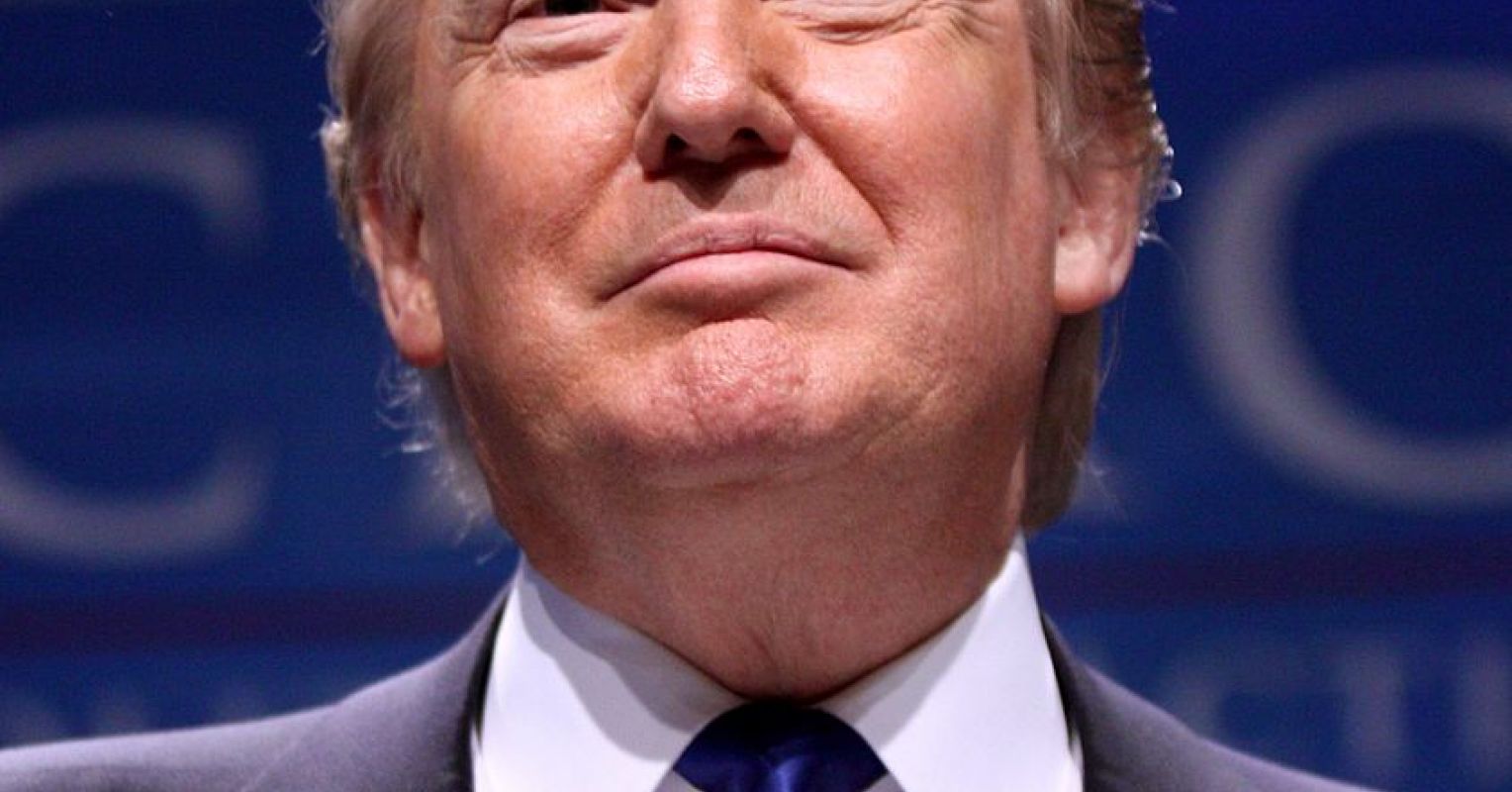Sixties Fan
Diamond Member
- Mar 6, 2017
- 53,639
- 10,412
- 2,140
- Thread starter
- #81
Down with the old establishment, up with the new one.So what? People disagree. Actually, I'm thinking that the fact that the GOP is dividing into factions is a good sign: it shows we're taking over. Like when the Democrats owned Congress for decades last century and divided into the Blue Dog Democrats, social democrats (commies), and so on.
Everyone Republican knows we aren't unitary on the subject of Trump. The whole POINT of Trump is that he is radical and is draining the Swamp, i.e., the worthless Establishment Republicans like that awful Romney or my stupid governor, hopeless Hogan. Naturally the Establishment badly wants to rule: Ha, they're done. They're figuring that out FAST, too.
Then....
Down with the new establishment and up with the newer one.
I would like it to be about issues people actually have and not alleged, invented and perpetuated lies which have nothing to do with people's actual needs.
The evangelical need is power.
The Oath keepers need is power.
The Qanon need is power.
The 4 % need is power.
The KKK need is power.
The Nazis need is power.
so on and so forth.
And it is exactly many of those Trump supporters who are inciting threats and attacks on those who do not think like them.
They have issues, VOTE, as it has always been.
Last edited:






